Home>Gardening & Outdoor>Landscaping Ideas>How To Permanently Kill Bermuda Grass
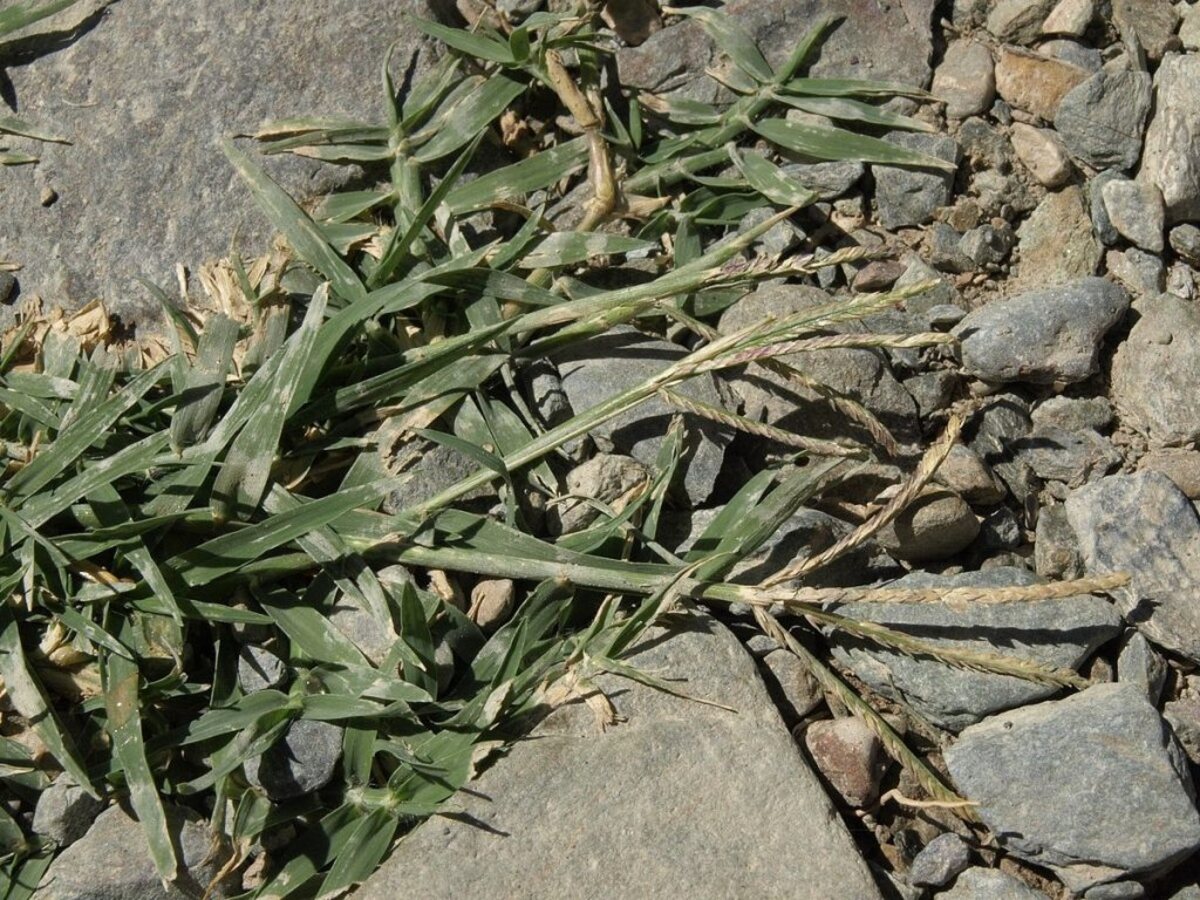

Landscaping Ideas
How To Permanently Kill Bermuda Grass
Modified: March 24, 2024
Learn effective landscaping ideas to permanently kill Bermuda grass and transform your lawn with our expert tips and techniques. Achieve a lush, weed-free yard today!
(Many of the links in this article redirect to a specific reviewed product. Your purchase of these products through affiliate links helps to generate commission for Storables.com, at no extra cost. Learn more)
Introduction
Dealing with an invasive and persistent grass species like Bermuda grass can be a daunting task for any homeowner or landscaper. Its aggressive nature and ability to thrive in various conditions make it a formidable opponent in the quest for a pristine lawn or garden. Whether you're looking to reclaim your yard from Bermuda grass or prevent its encroachment, understanding effective eradication methods is crucial.
Bermuda grass, scientifically known as Cynodon dactylon, is a warm-season perennial grass that is prized for its resilience and ability to withstand drought and foot traffic. However, these same attributes that make it popular for sports fields and high-traffic areas can also make it a nuisance in residential landscapes. Its extensive root system and rapid spread through both seeds and underground rhizomes enable it to quickly overtake desired plants and lawns, leading to frustration and a constant battle for control.
In the pursuit of a lush, uniform lawn or garden, it's essential to recognize the challenges posed by Bermuda grass and the various methods available to combat it. From chemical treatments to organic approaches, there are multiple strategies to consider, each with its own set of advantages and considerations. By exploring these methods and understanding their implications, you can make informed decisions on how to effectively manage and, ideally, eliminate Bermuda grass from your outdoor spaces.
In the following sections, we will delve into the intricacies of Bermuda grass, explore the methods for eradicating it, and discuss preventive measures to minimize its re-growth. Whether you're a seasoned gardener or a novice enthusiast, this comprehensive guide will equip you with the knowledge and strategies needed to tackle Bermuda grass and restore the beauty of your landscape.
Key Takeaways:
- Say goodbye to Bermuda grass with targeted herbicides or natural methods like solarization and manual removal. Prevent re-growth by promoting the health of desired plants and implementing landscape barriers.
- Combat Bermuda grass with selective herbicides or eco-friendly techniques like solarization and mulching. Keep it at bay by maintaining a healthy outdoor environment and promptly removing any regrowth.
Read more: How To Permanently Kill Grass
Understanding Bermuda Grass
Bermuda grass, scientifically known as Cynodon dactylon, is a warm-season perennial grass that is renowned for its resilience and adaptability. It thrives in a variety of climates and soil types, making it a prevalent feature in lawns, parks, and athletic fields across the United States. Its robust nature and ability to withstand heavy foot traffic and drought conditions have contributed to its popularity in high-traffic areas. However, these same characteristics also make Bermuda grass a formidable adversary in residential landscapes, where it can quickly overtake desired plants and lawns.
One of the key factors contributing to Bermuda grass's tenacity is its extensive root system. The grass spreads through both seeds and underground rhizomes, enabling it to rapidly colonize open spaces and outcompete other plant species. Its aggressive growth habit and ability to establish deep roots make it particularly challenging to eradicate once it takes hold in a lawn or garden.
Identifying Bermuda grass is essential for effective management. It typically exhibits fine-textured, wiry leaves and forms dense, low-growing mats that can quickly smother surrounding vegetation. The grass's distinctive growth pattern, characterized by aboveground runners and underground rhizomes, allows it to spread rapidly and establish new growth points, making containment and eradication a complex task.
Moreover, Bermuda grass exhibits remarkable tolerance to environmental stressors, including heat, drought, and poor soil conditions. This resilience enables it to thrive in a wide range of settings, from arid landscapes to humid regions, further complicating efforts to control its spread.
Understanding the growth habits and resilience of Bermuda grass is crucial for developing effective eradication strategies. By gaining insight into its propagation methods and environmental adaptability, homeowners and landscapers can make informed decisions about the most suitable approaches for managing this persistent grass species. In the following sections, we will explore various methods for eradicating Bermuda grass, considering both chemical and organic approaches, as well as preventive measures to minimize its re-growth.
Methods for Killing Bermuda Grass
When it comes to eliminating Bermuda grass from your lawn or garden, several effective methods can be employed, each with its own set of advantages and considerations. Whether you prefer chemical treatments or organic approaches, there are options to suit various preferences and environmental concerns.
Chemical Methods
-
Herbicides: Selective herbicides designed specifically for Bermuda grass eradication can be a powerful tool in the battle against this resilient species. These herbicides target Bermuda grass while minimizing harm to desirable plants, providing a targeted approach to control its growth. Glyphosate-based herbicides, such as Roundup, are commonly used for non-selective control of Bermuda grass, effectively killing the grass and its root system.
-
Pre-emergent Herbicides: These herbicides are applied before Bermuda grass seeds germinate, preventing new growth and inhibiting the spread of the grass. Products containing dithiopyr or prodiamine are effective pre-emergent herbicides that can help suppress Bermuda grass infestations.
Organic Methods
-
Solarization: This natural method involves covering the affected area with clear plastic to harness the sun's heat, effectively cooking the Bermuda grass and its underlying rhizomes. Solarization can be a chemical-free and environmentally friendly approach to weaken and kill Bermuda grass, especially in areas with ample sunlight and warm temperatures.
-
Manual Removal: While labor-intensive, manually removing Bermuda grass by digging up its rhizomes and roots can be an effective organic approach. This method is particularly useful for small infestations or areas where chemical treatments are not feasible or desired.
-
Mulching and Smothering: Applying a thick layer of organic mulch or using heavy landscaping fabric can smother Bermuda grass, depriving it of sunlight and impeding its growth. Over time, this method can weaken the grass and facilitate its eradication without the use of chemicals.
Preventing Bermuda Grass Re-Growth
After employing the chosen eradication method, it's crucial to implement preventive measures to minimize Bermuda grass re-growth. Regular monitoring and prompt removal of any regrowth or new seedlings can help prevent the grass from re-establishing itself. Additionally, promoting the health and vigor of desired plants through proper watering, fertilization, and maintenance can create an environment less conducive to Bermuda grass invasion.
By understanding and utilizing these methods for killing Bermuda grass, homeowners and landscapers can effectively combat this persistent species and restore the beauty of their outdoor spaces. Whether opting for chemical treatments or organic solutions, the key lies in selecting the most suitable approach based on the extent of the infestation, environmental considerations, and long-term maintenance goals.
Chemical Methods
Chemical methods for eradicating Bermuda grass offer a targeted and effective approach to controlling its growth. Selective herbicides formulated specifically for Bermuda grass can be a powerful tool in the battle against this resilient species. These herbicides are designed to target Bermuda grass while minimizing harm to desirable plants, providing a focused and efficient means of control. Glyphosate-based herbicides, such as Roundup, are commonly used for non-selective control of Bermuda grass, effectively killing the grass and its root system.
In addition to selective herbicides, pre-emergent herbicides can also play a crucial role in preventing the spread of Bermuda grass. These herbicides are applied before Bermuda grass seeds germinate, effectively inhibiting new growth and suppressing the spread of the grass. Products containing dithiopyr or prodiamine are effective pre-emergent herbicides that can help control Bermuda grass infestations by preventing the establishment of new growth.
When utilizing chemical methods for Bermuda grass eradication, it is essential to follow the application instructions provided by the product manufacturer. Proper timing and application rates are crucial for maximizing the effectiveness of herbicides while minimizing potential harm to surrounding vegetation. Additionally, it is important to consider environmental factors, such as weather conditions and soil moisture, to ensure optimal herbicide performance.
While chemical methods can offer efficient control of Bermuda grass, it is important to weigh the potential environmental impact and long-term maintenance considerations. Selective herbicides should be used judiciously to minimize unintended harm to non-target plants, and proper disposal of herbicide containers and leftover products is essential to prevent environmental contamination.
By understanding the nuances of chemical methods for Bermuda grass eradication and adhering to best practices for herbicide application, homeowners and landscapers can effectively manage and control this persistent grass species. When integrated with preventive measures and long-term maintenance strategies, chemical methods can contribute to the restoration of a healthy and vibrant lawn or garden, free from the encroachment of Bermuda grass.
Organic Methods
Organic methods for eradicating Bermuda grass offer environmentally friendly and chemical-free approaches to combatting its persistent growth. These methods are particularly appealing to homeowners and landscapers seeking natural solutions that align with eco-conscious practices and sustainability principles. By harnessing the power of nature and employing manual techniques, organic methods can effectively weaken and eliminate Bermuda grass infestations while promoting a healthy and balanced ecosystem.
Solarization
Solarization is a natural and non-toxic method that harnesses the sun's energy to eradicate Bermuda grass and its underlying rhizomes. This process involves covering the affected area with clear plastic, creating a greenhouse effect that raises soil temperatures and effectively "cooks" the grass and its root system. The intense heat generated under the plastic layer can weaken and kill Bermuda grass, making it a viable option for areas with ample sunlight and warm temperatures. Solarization not only targets the visible grass but also addresses the underground rhizomes, making it a comprehensive and environmentally friendly approach to grass eradication.
Read more: What Kills Weeds But Not Bermuda Grass
Manual Removal
While labor-intensive, manual removal of Bermuda grass can be a highly effective organic approach, especially for small infestations or areas where chemical treatments are not feasible or desired. This method involves physically digging up the grass, along with its rhizomes and roots, to eliminate its growth points and prevent regrowth. By meticulously removing Bermuda grass from the affected area, homeowners and landscapers can address the infestation at its source, promoting long-term control without relying on chemical interventions.
Mulching and Smothering
Applying a thick layer of organic mulch or utilizing heavy landscaping fabric can effectively smother Bermuda grass, depriving it of sunlight and impeding its growth. This natural approach creates an inhospitable environment for the grass, weakening it over time and facilitating its eradication without the use of chemicals. Mulching and smothering not only suppress Bermuda grass but also contribute to soil health and moisture retention, promoting the overall well-being of the landscape.
By incorporating these organic methods into their Bermuda grass management strategies, homeowners and landscapers can embrace sustainable and eco-friendly approaches to lawn and garden care. These methods not only offer effective control of Bermuda grass but also contribute to the preservation of a healthy and thriving outdoor environment, in harmony with nature's rhythms and balance.
Preventing Bermuda Grass Re-Growth
After employing the chosen eradication method, it's crucial to implement preventive measures to minimize Bermuda grass re-growth. Regular monitoring and prompt removal of any regrowth or new seedlings can help prevent the grass from re-establishing itself. Additionally, promoting the health and vigor of desired plants through proper watering, fertilization, and maintenance can create an environment less conducive to Bermuda grass invasion.
One effective strategy for preventing Bermuda grass re-growth is to establish and maintain a dense and healthy turf or garden bed comprised of desirable grass or plant species. A robust and well-maintained lawn or garden can outcompete Bermuda grass, reducing the likelihood of its resurgence. Proper fertilization, aeration, and regular mowing can promote the vigor of desired plants, creating an environment where Bermuda grass struggles to gain a foothold.
Furthermore, implementing a proactive approach to weed management can significantly contribute to preventing Bermuda grass re-growth. Regularly inspecting the landscape for any signs of Bermuda grass regrowth or new seedlings allows for prompt intervention, minimizing the potential for the grass to spread and establish itself. Hand-pulling any emerging Bermuda grass and applying targeted spot treatments, if necessary, can help maintain control and prevent the infestation from reoccurring.
Incorporating landscape barriers, such as edging and mulch borders, can also aid in preventing Bermuda grass encroachment from neighboring areas. Well-defined borders and mulch layers not only enhance the aesthetic appeal of the landscape but also serve as physical barriers that impede the spread of Bermuda grass into maintained areas.
Additionally, practicing proper irrigation techniques, such as deep and infrequent watering, can promote the resilience of desired plants while creating less favorable conditions for Bermuda grass growth. By avoiding overwatering and promoting deep root development in desirable vegetation, the overall health and competitiveness of the landscape can be enhanced, reducing the susceptibility to Bermuda grass invasion.
By implementing these preventive measures and integrating them into a comprehensive lawn and garden maintenance plan, homeowners and landscapers can effectively minimize the re-growth of Bermuda grass and maintain a vibrant and resilient outdoor space. Through proactive management and a focus on promoting the health of desired plants, the persistent challenge of Bermuda grass can be mitigated, allowing for the long-term enjoyment of a lush and thriving landscape.
Conclusion
In the battle against Bermuda grass, homeowners and landscapers are confronted with a resilient and persistent adversary that demands strategic and informed eradication methods. The diverse array of approaches, ranging from chemical treatments to organic solutions, provides a spectrum of options to suit various preferences and environmental considerations. By understanding the growth habits and resilience of Bermuda grass, individuals can make informed decisions on how to effectively manage and, ideally, eliminate this tenacious grass species from their outdoor spaces.
The utilization of chemical methods, including selective herbicides and pre-emergent treatments, offers targeted and efficient control of Bermuda grass infestations. These approaches provide a powerful means of eradicating the grass while minimizing harm to desirable plants, contributing to the restoration of a healthy and uniform lawn or garden. However, it is essential to exercise caution and adhere to best practices when employing chemical treatments, considering their potential environmental impact and long-term maintenance implications.
On the other hand, organic methods present environmentally friendly and sustainable alternatives for combatting Bermuda grass. Solarization, manual removal, and mulching techniques offer natural and chemical-free approaches to weakening and eliminating the grass, aligning with eco-conscious practices and promoting a balanced ecosystem. These methods not only target the visible grass but also address the underlying rhizomes, contributing to comprehensive and long-lasting control.
Furthermore, the implementation of preventive measures, such as promoting the health of desired plants and establishing landscape barriers, plays a pivotal role in minimizing Bermuda grass re-growth. By fostering a robust and well-maintained outdoor environment, homeowners and landscapers can create conditions less conducive to Bermuda grass invasion, reducing the likelihood of its resurgence and ensuring long-term control.
In conclusion, the battle against Bermuda grass necessitates a multifaceted and proactive approach, integrating eradication methods with preventive measures and long-term maintenance strategies. By leveraging the insights and strategies outlined in this comprehensive guide, individuals can effectively combat the persistence of Bermuda grass and restore the beauty and vitality of their outdoor spaces. Whether opting for chemical treatments or embracing organic solutions, the key lies in selecting the most suitable approach based on the extent of the infestation, environmental considerations, and long-term maintenance goals. With diligence and informed decision-making, the challenge of Bermuda grass can be met with resilience and ultimately overcome, paving the way for the enjoyment of a lush and thriving landscape.
Frequently Asked Questions about How To Permanently Kill Bermuda Grass
Was this page helpful?
At Storables.com, we guarantee accurate and reliable information. Our content, validated by Expert Board Contributors, is crafted following stringent Editorial Policies. We're committed to providing you with well-researched, expert-backed insights for all your informational needs.
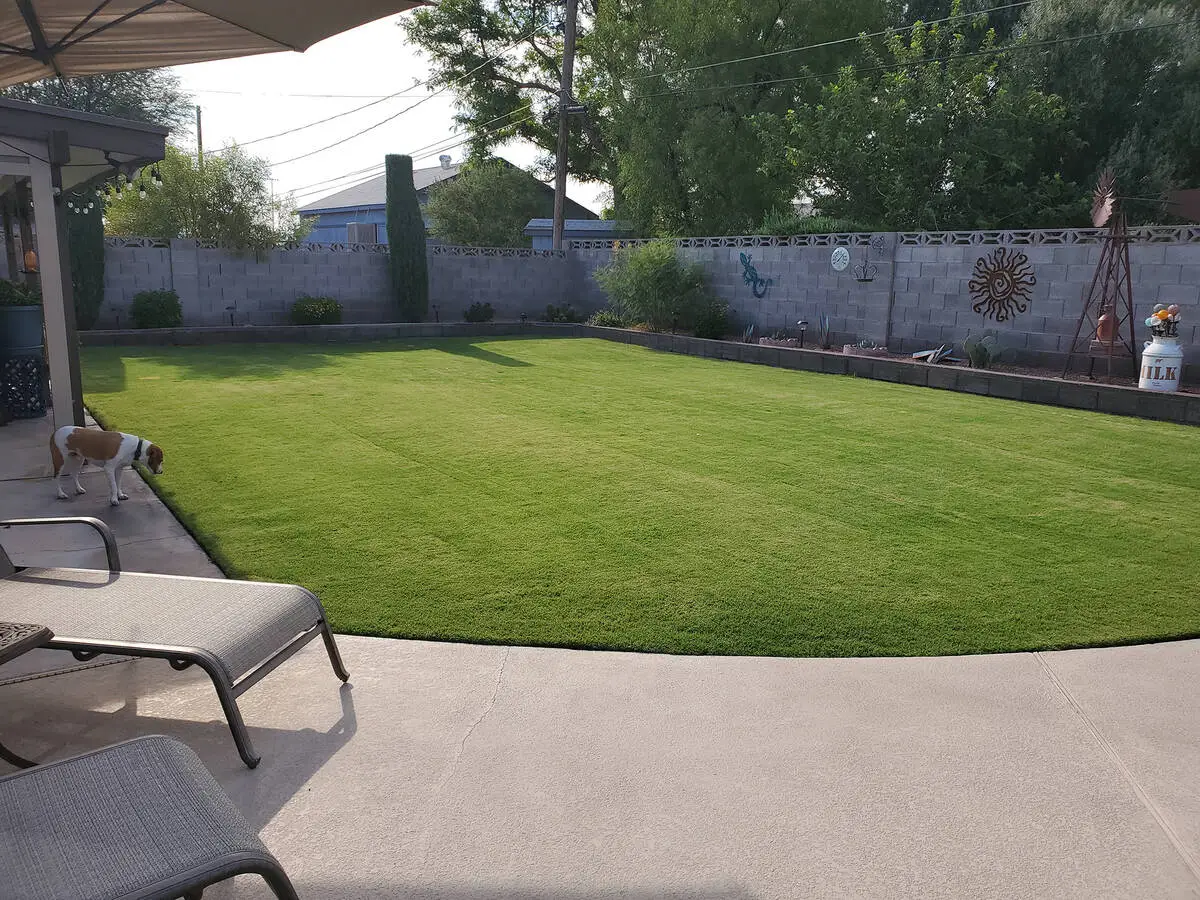
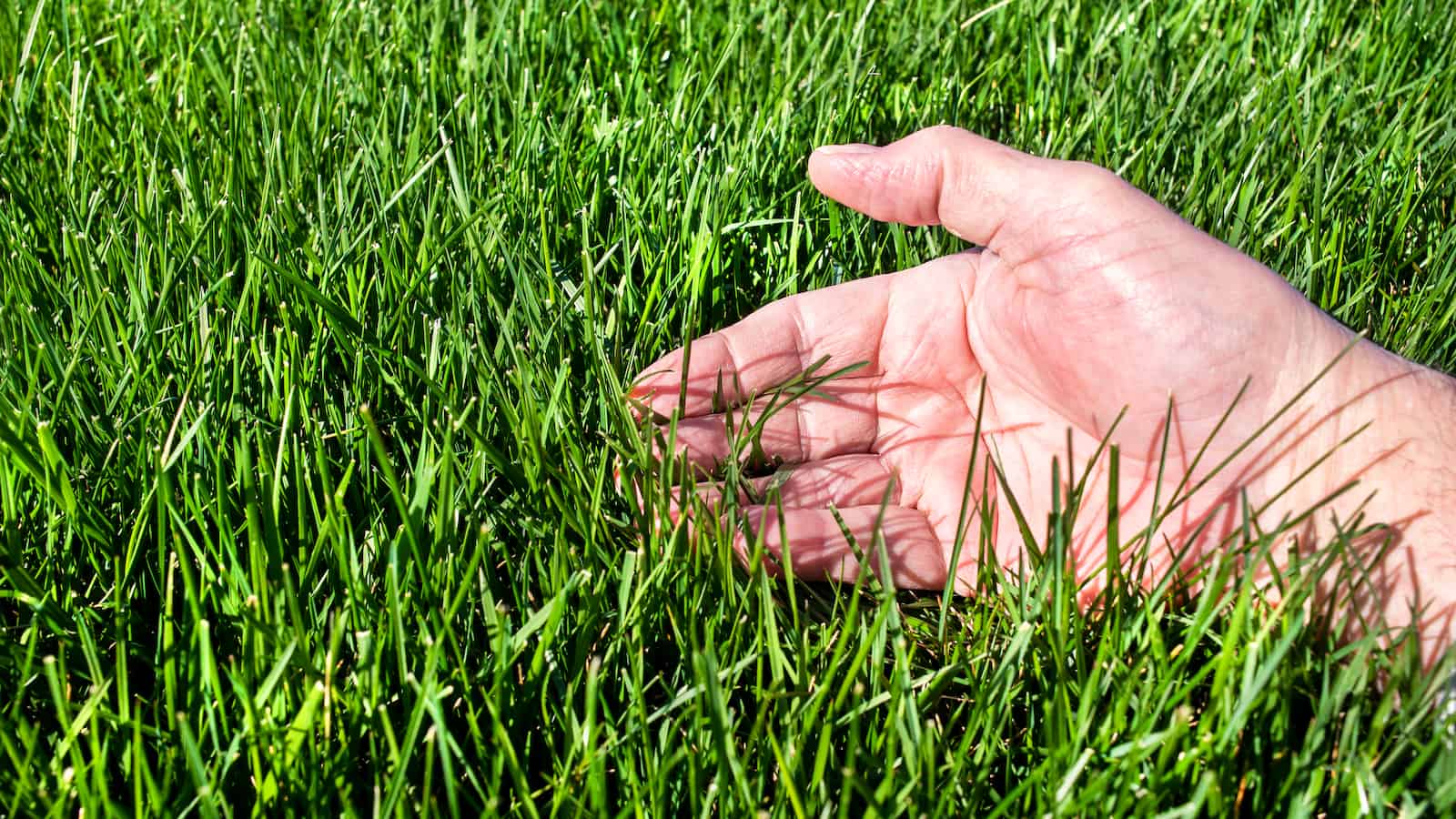
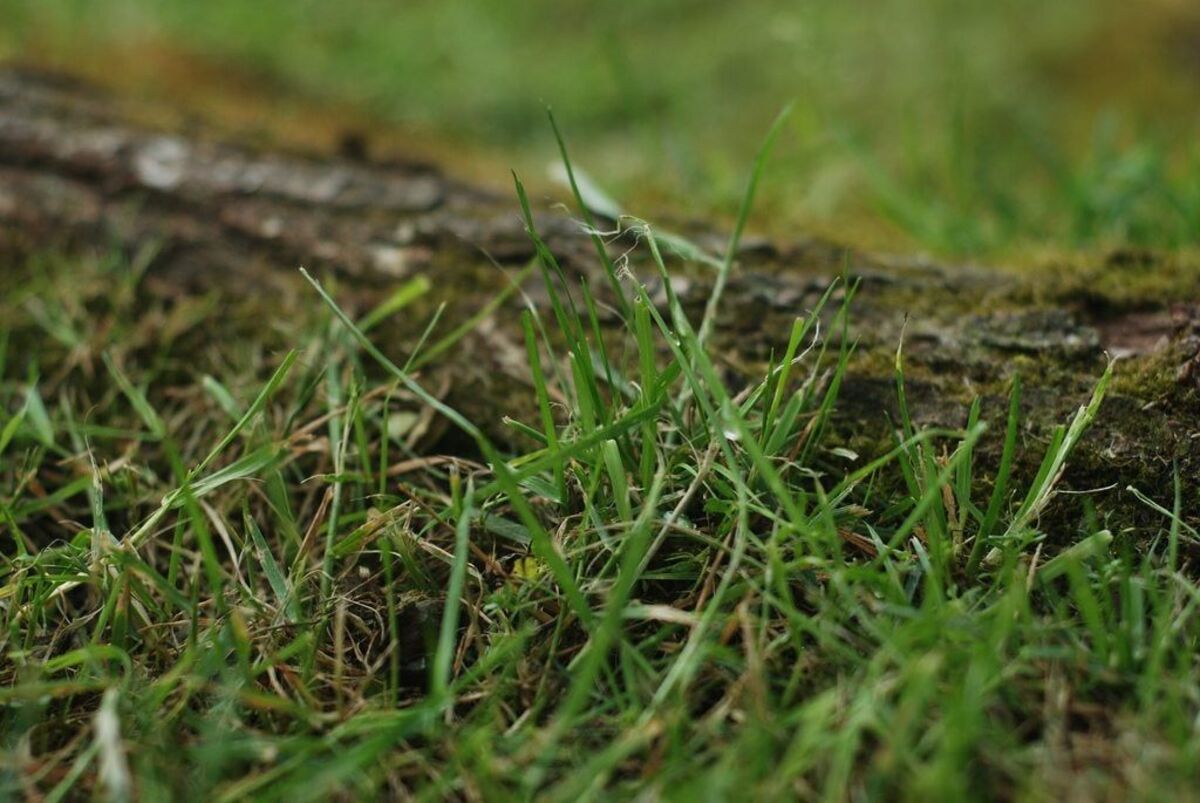
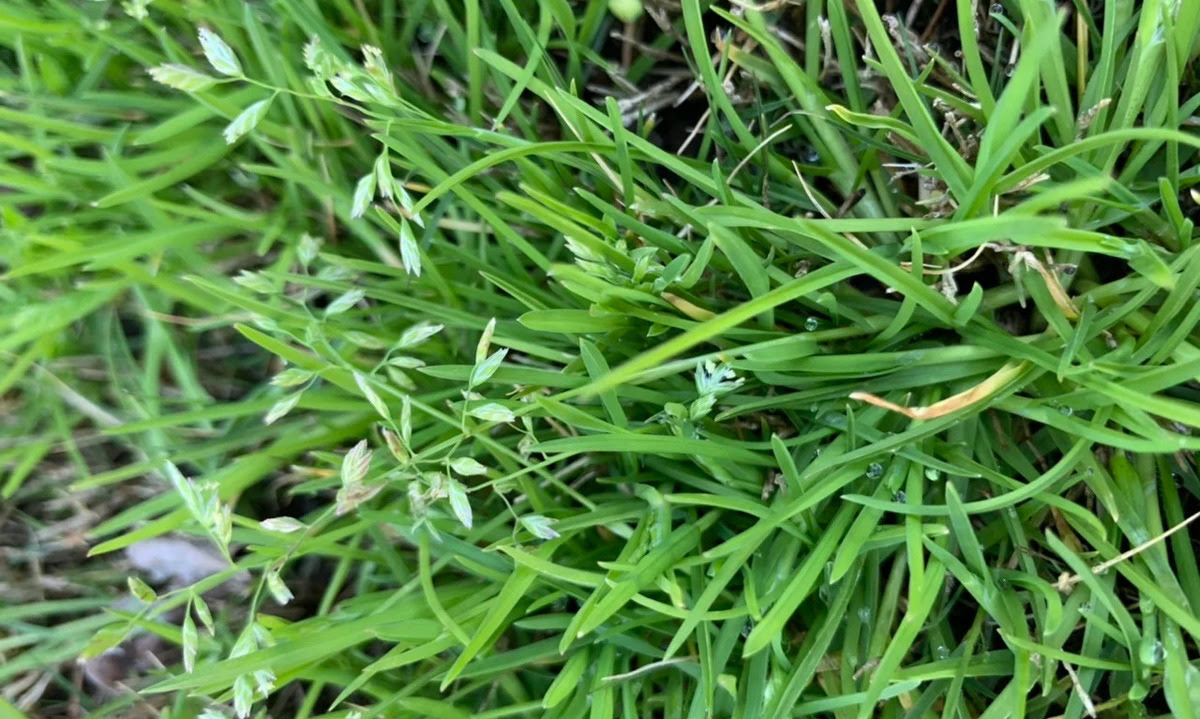
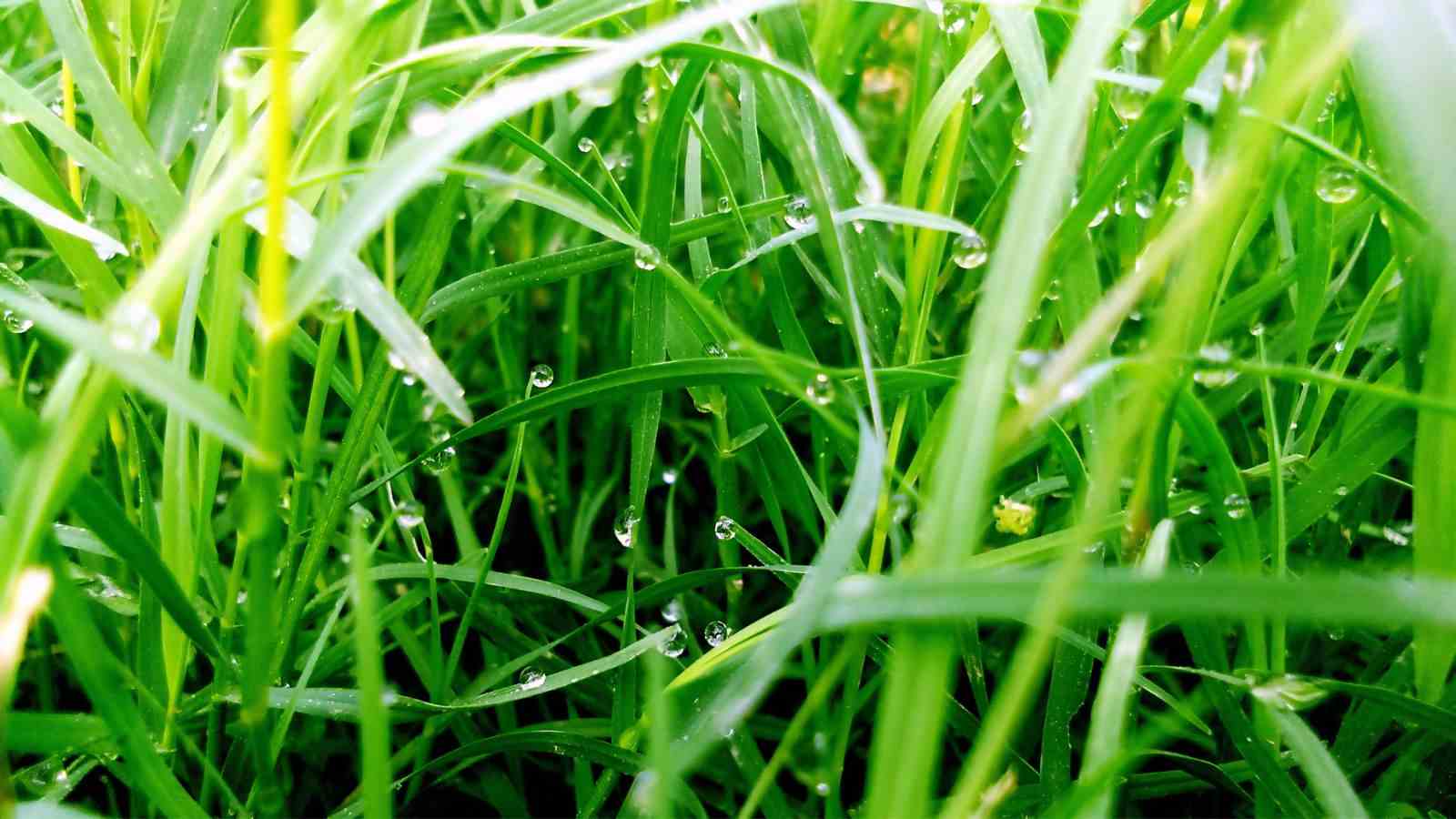
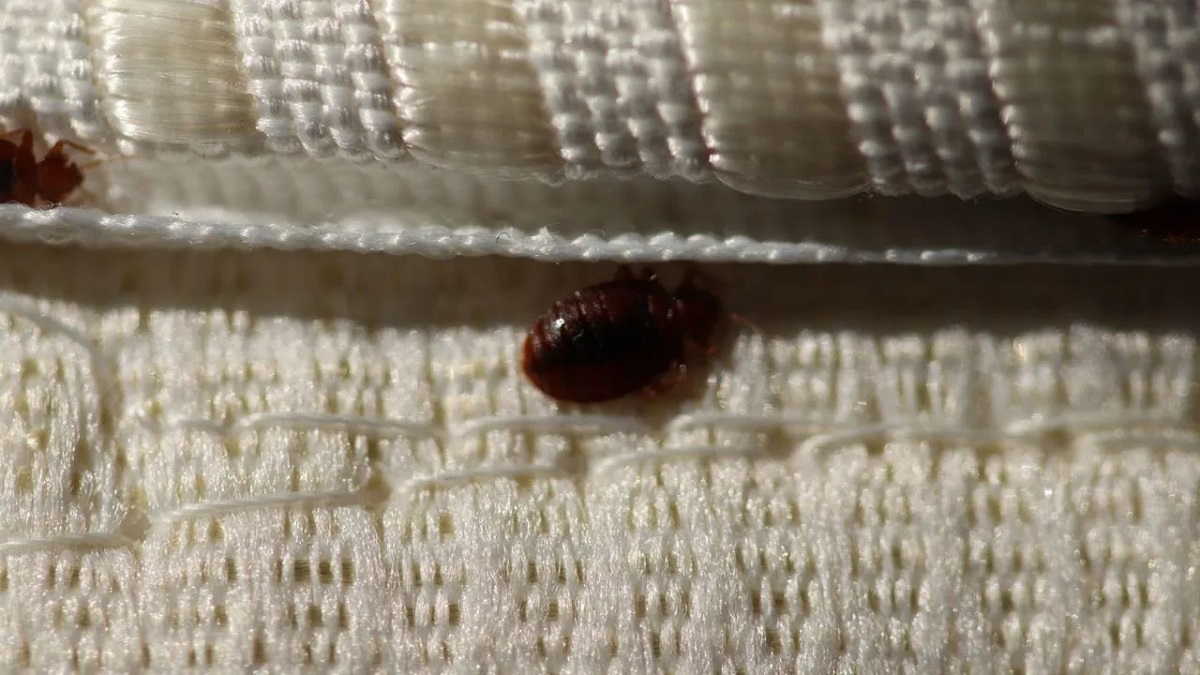
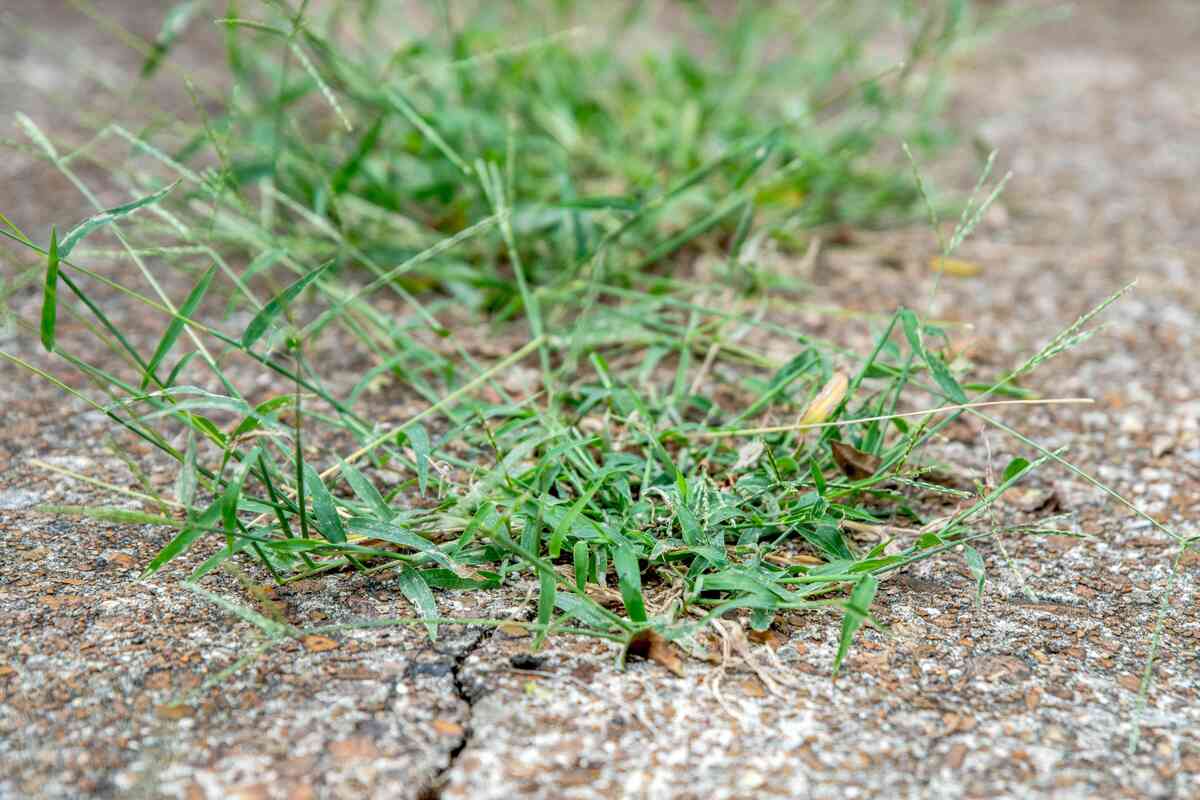
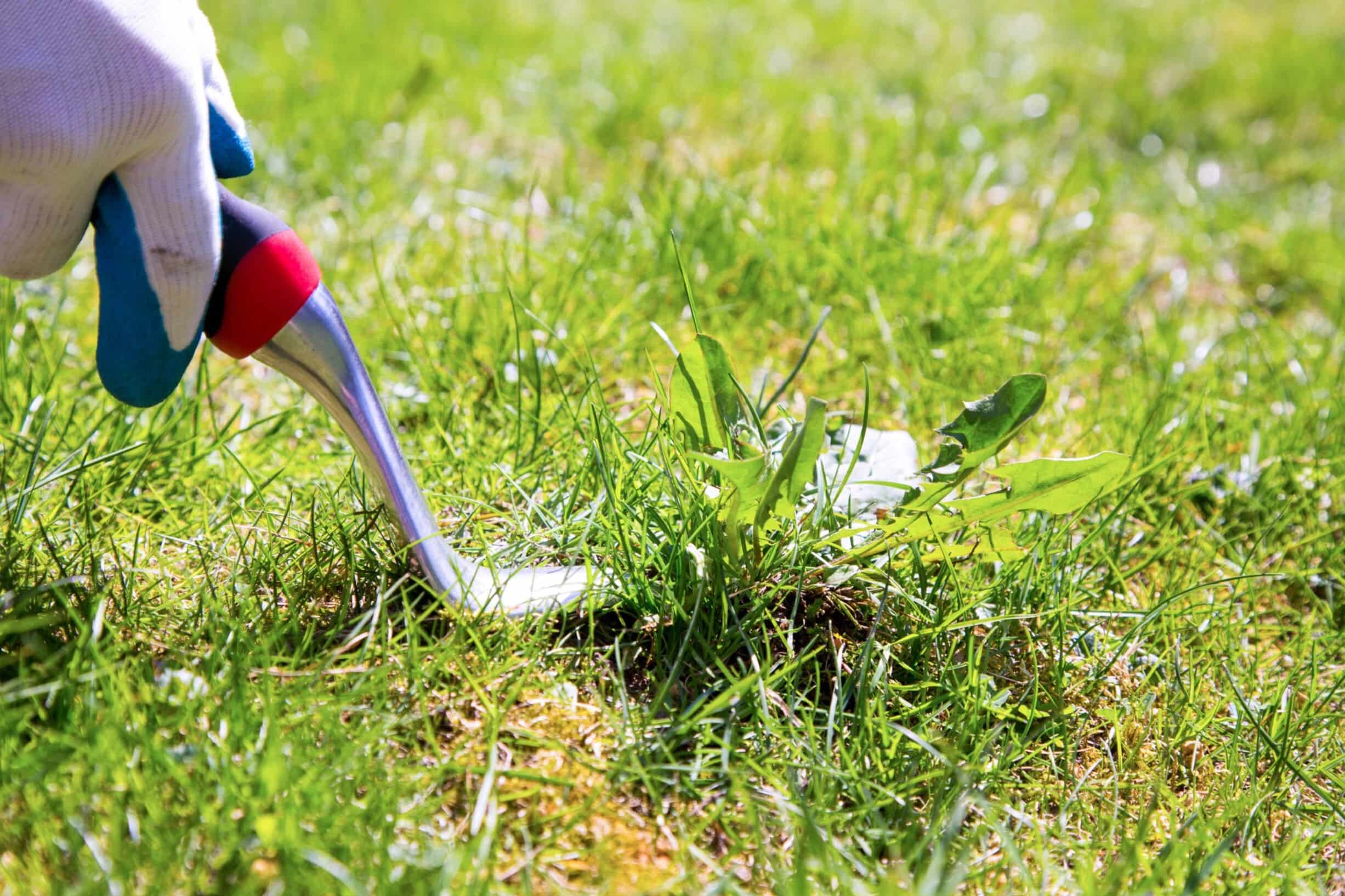
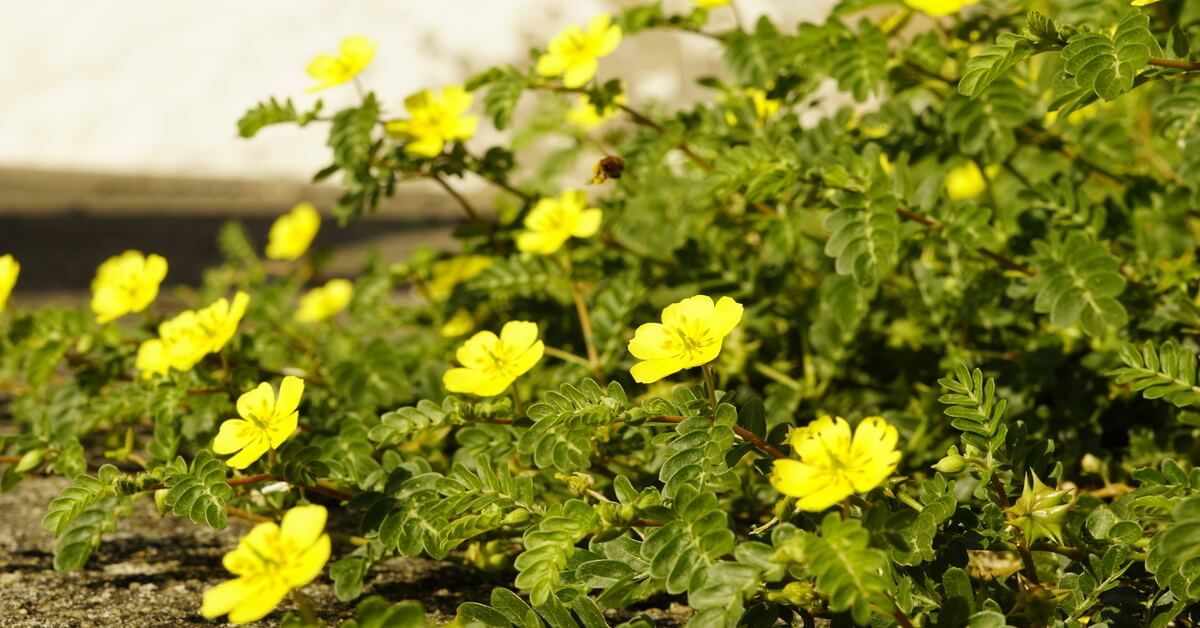
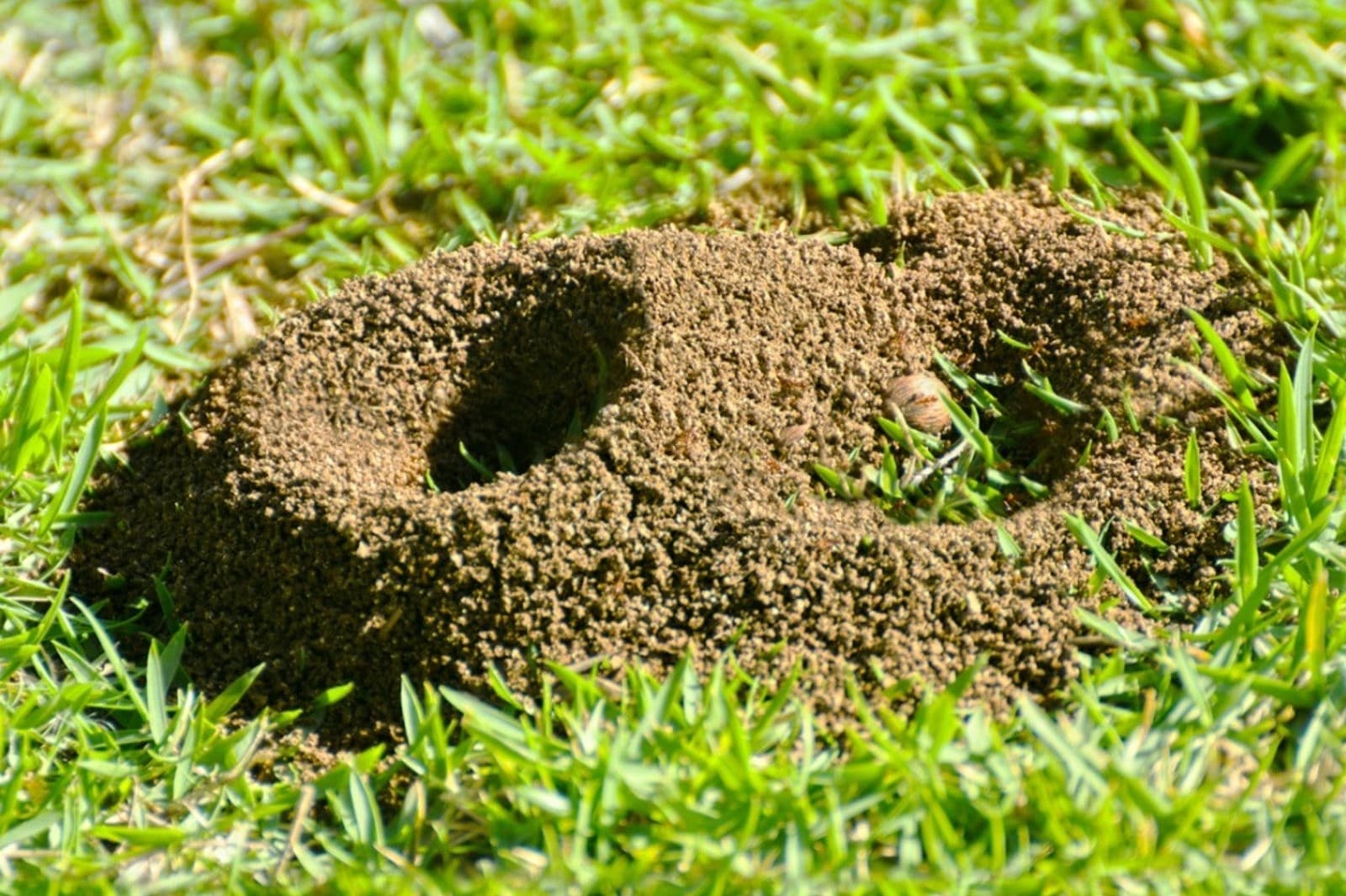
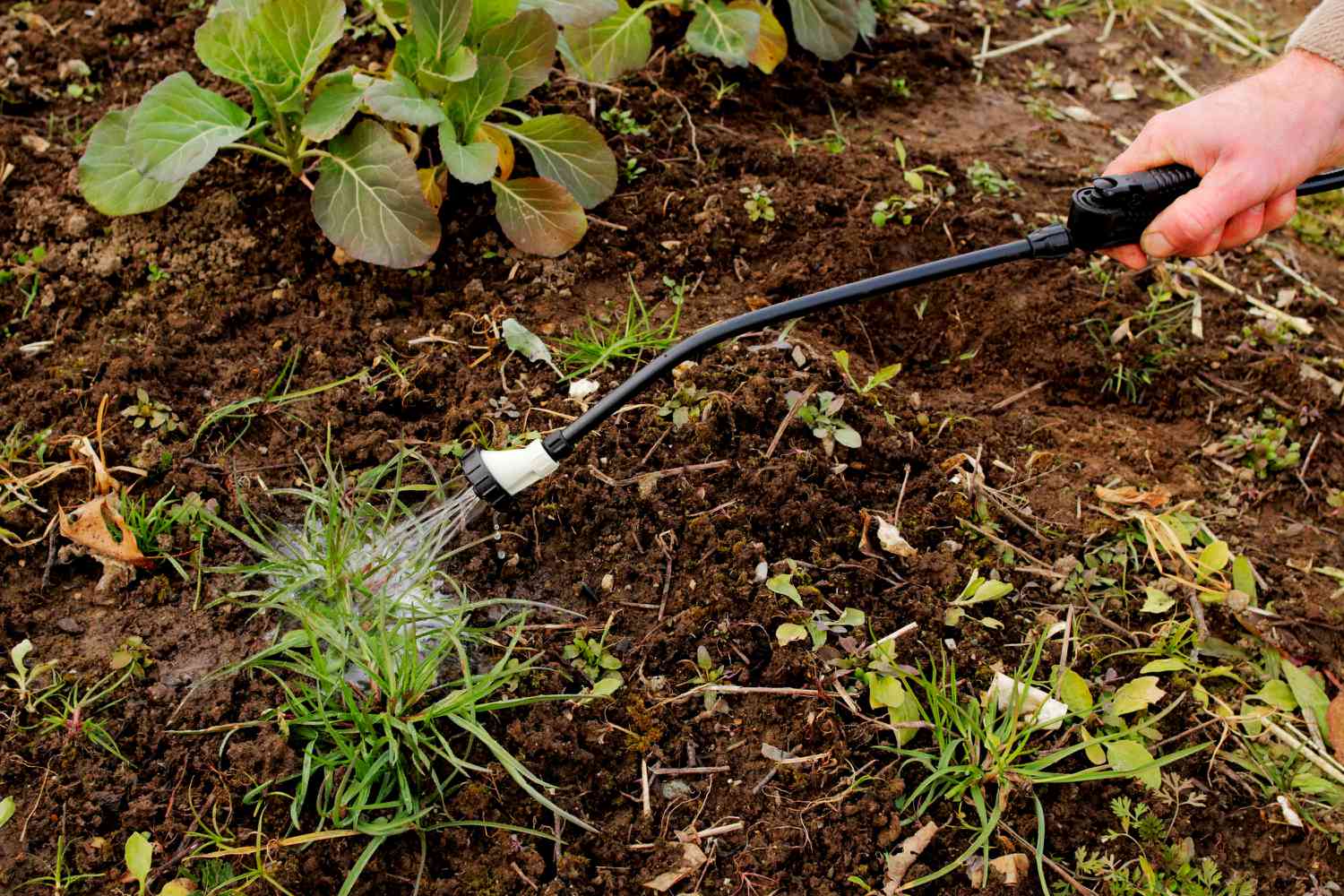
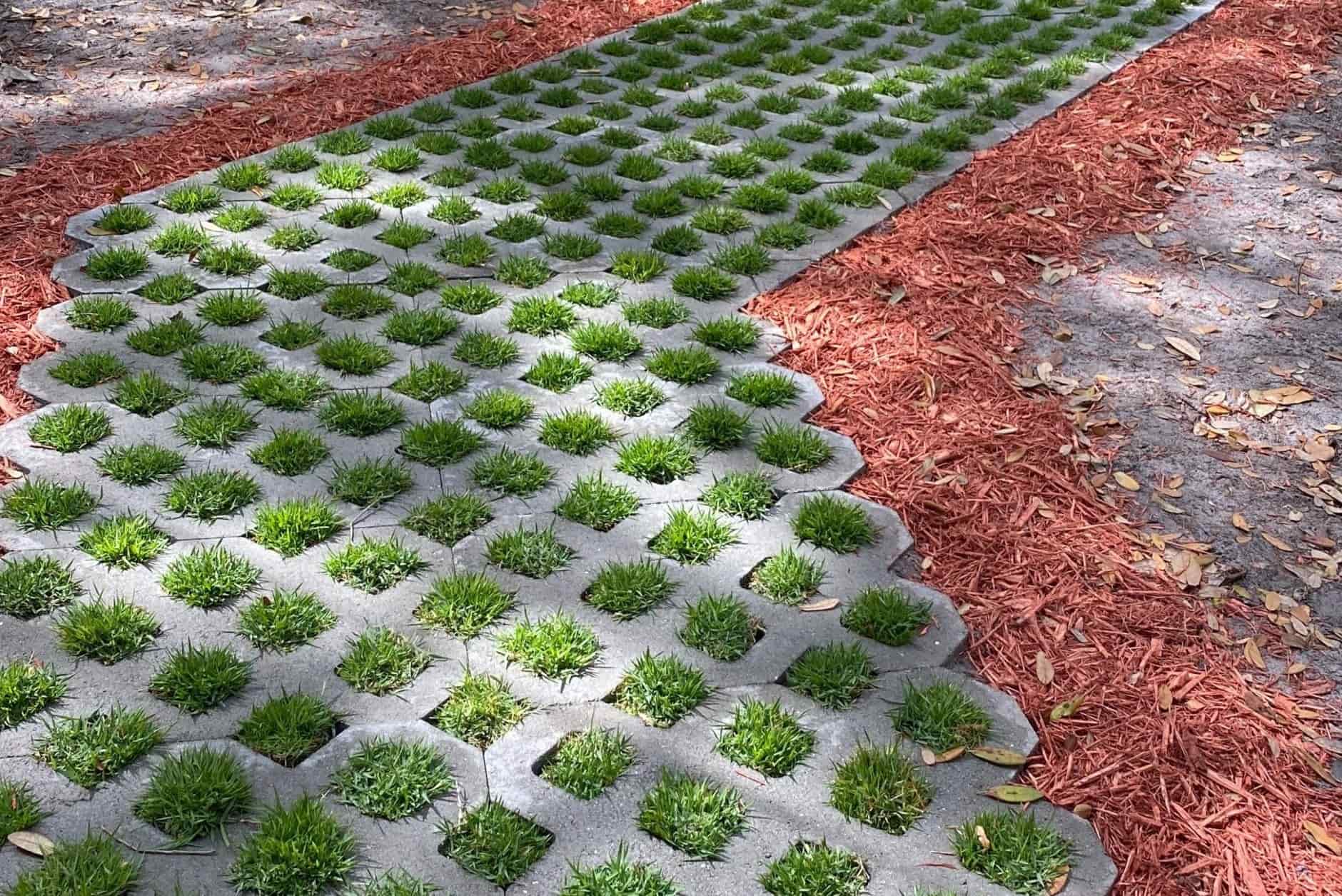
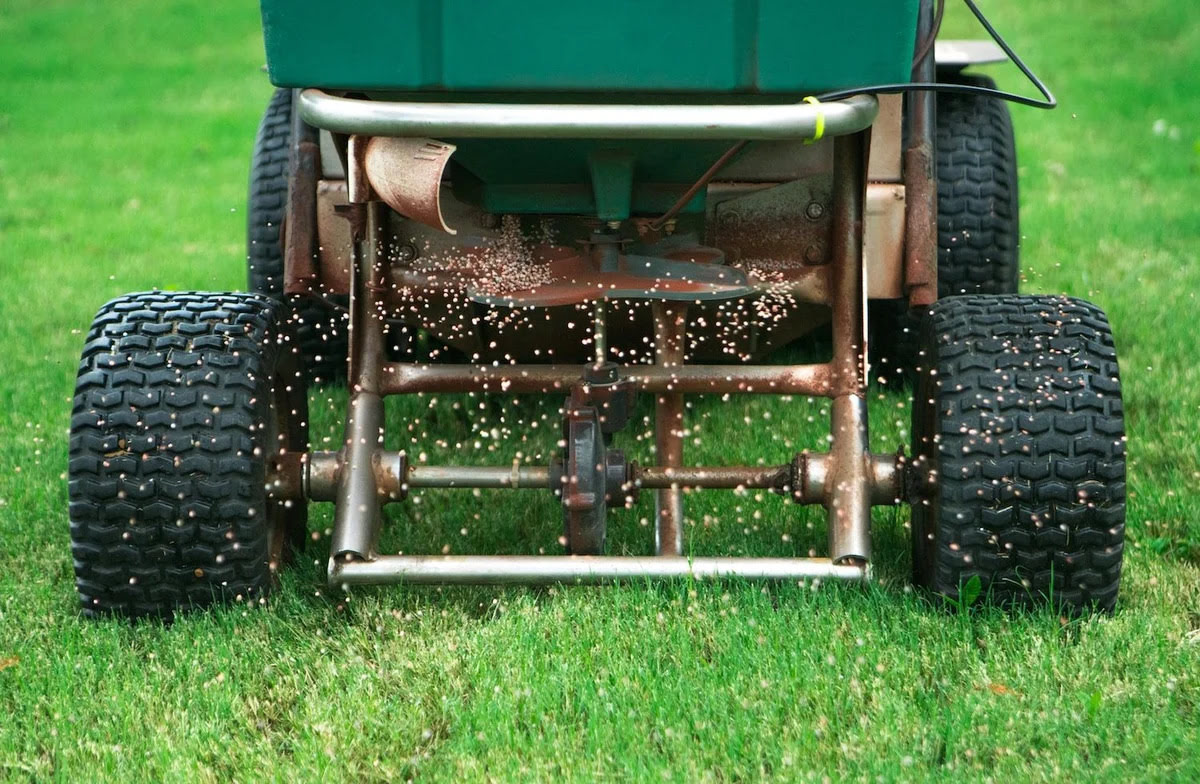

0 thoughts on “How To Permanently Kill Bermuda Grass”